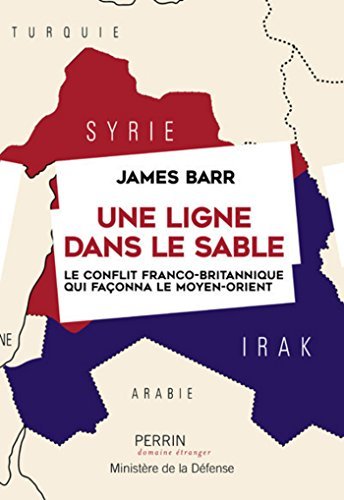What do you think?
Rate this book


La rivalité franco-britannique, matrice des conflits au Moyen-Orient.
Comment la France et la Grande-Bretagne se sont-elles partagé le Moyen-Orient ? A travers une analyse novatrice, James Barr montre que, des accords Sykes-Picot, en 1916, à 1948, tout a été mis en place pour dynamiter la région : la Syrie à feu et à sang, la montée des extrêmes terroristes, le statut de Jérusalem et la maîtrise du canal de Suez en ont tour à tour été les détonateurs.
Telles sont les répercussions d'un long face-à-face entre Londres et Paris dont la rivalité se cristallise autour de la question juive. D'un côté, les Anglais ont recouru aux sionistes pour contrecarrer les ambitions françaises au Moyen-Orient, conduisant ainsi à une escalade tragique de la tension entre Arabes et Juifs. De l'autre, les Français ont joué un rôle décisif dans la création de l'État d'Israël. Ils contribuèrent à organiser une immigration à grande échelle et une subversion violente et dévastatrice qui, en 1948, finit par engloutir un mandat britannique en déconfiture.
Revenant sur le duel aussi venimeux que mal connu entre la Grande-Bretagne et la France, ce récit écrit d'une plume fluide s'attache aux protagonistes du conflit – politiques, diplomates, espions et soldats – et éclaire les problématiques passées et actuelles du Moyen-Orient.
482 pages, Kindle Edition
First published October 27, 2011